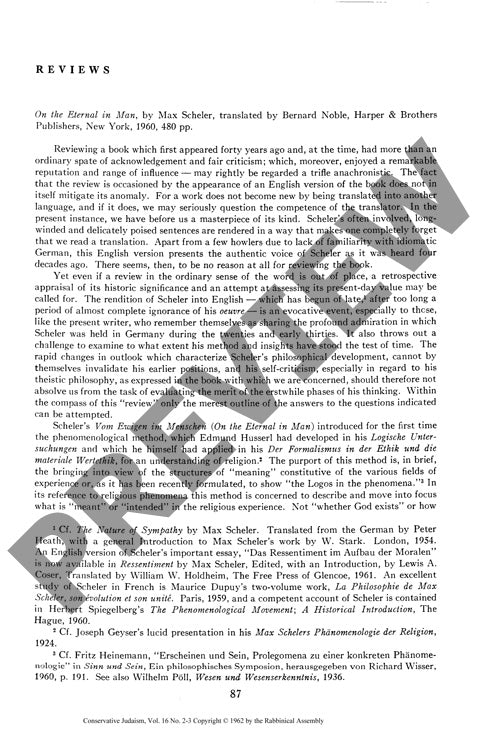Reviews
Couldn't load pickup availability
Max Scheler's groundbreaking work "On the Eternal in Man" fundamentally transformed religious studies by introducing phenomenological methodology to the field forty years ago. Through analytical and evaluative examination, Scheler's phenomenological approach revealed the structures of meaning inherent in religious phenomena, departing from traditional focus on causal origins or empirical verification. His methodical employment of phenomenological "Wesensschau" demonstrated the irreducibility of religious acts to extra-religious categories, positioning religious experience as the legitimate pathway for understanding religion's meaning. The approach illuminated new dimensions for comprehending divine revelation, prayer, and salvation, profoundly influencing subsequent phenomenological scholars including van der Leeuw, Wach, and Tillich. Beyond its historical significance, Scheler's demonstration of meaningful structures within religious phenomena offers a compelling response to logical positivism's claims that metaphysical concepts lack cognitive value, maintaining relevance in contemporary theological discourse.

More Information
-
Physical Description
-
Publication Information
Published 1962
ISBN
-
Publication Credits

